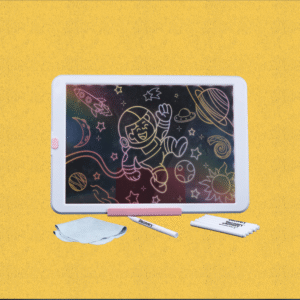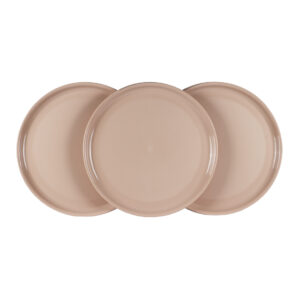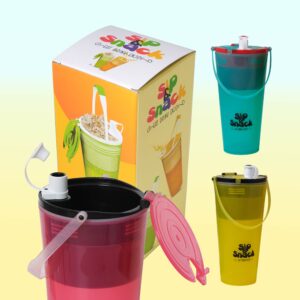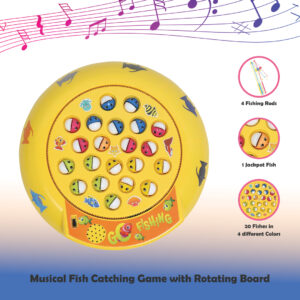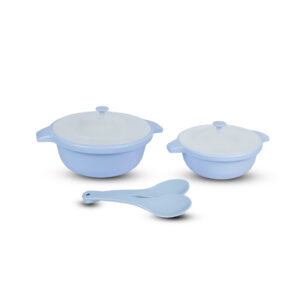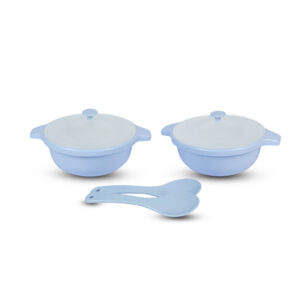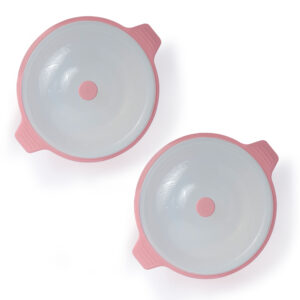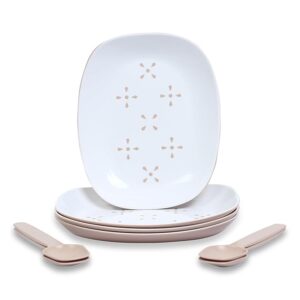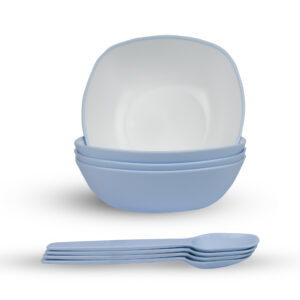Plastic is everywhere in our daily lives, from water bottles and food containers to toys and household items. But not all plastics are safe. Some contain harmful chemicals like Bisphenol A (BPA), which can affect our health and the environment. In this blog, we’ll talk about BPA free plastic, its meaning, benefits, and why it’s important to choose plastic free from BPA.
What is BPA Free Plastic?
It refers to plastic products that do not contain Bisphenol A (BPA), a harmful chemical. It is commonly used in food containers, water bottles, and baby products.
Why is BPA Harmful?
- Health Risks:
- BPA can leak into food and drinks, especially when containers are heated or damaged.
- It acts like a hormone in the body, disrupting the endocrine system.
- Linked to health issues like diabetes, obesity, heart problems, and developmental issues in children.
- Environmental Impact:
- When plastic containing BPA isn’t disposed of properly, it can harm water and soil.
- It harms aquatic life and enters the food chain, affecting humans indirectly.
What Does BPA-Free Plastic Mean for You?
- Safer for Health:
- Plastic that is BPA-free reduces the risk of harmful chemicals entering your body.
- It is especially important for children, pregnant women, and everyone in general.
- Eco-Friendly:
- Many bisphenol-free plastics are recyclable, reducing waste.
- Helps reduce chemical pollution in the environment.
- Durable and Safe:
- Plastic free from BPA is strong and can withstand heat without releasing harmful chemicals.
Reforms, Regulations, and Standards in India
India has taken steps to regulate BPA and promote safer plastics. Here’s what you need to know:
- BIS Standards (Bureau of Indian Standards):
- The BIS has set standards for food-grade plastics under IS 9833:1981.
- These standards ensure that BPA-free plastic used for food packaging is safe.
- FSSAI Regulations (Food Safety and Standards Authority of India):
- FSSAI regulates the use of plastics in food packaging.
- It has banned the use of recycled plastics for packaging food items to prevent contamination.
- Baby Products:
- The Indian government has banned the use of BPA in baby feeding bottles.
- This ensures that plastic that is BPA-free is used in products meant for infants.
- Awareness Campaigns:
- The government and NGOs are working to educate people about the dangers of BPA and the benefits of using bisphenol-free plastic.
How to Identify BPA-Free Products
- Check Labels:
- Look for products labeled “BPA-free.”
- Check the recycling code on the bottom of plastic items. Codes 1, 2, 4, and 5 are usually plastic free from BPA.
- Avoid Certain Plastics:
- Avoid plastics with recycling code 7, as they may contain BPA.
Lumiset Dinnerware and Toys: A Safer Choice
When it comes to BPA free plastic, brands like Lumiset are leading the way in providing safer alternatives for everyday use.
- Lumiset Dinnerware:
- Lumiset offers a range of BPA-Free , 100% Food Grade dinnerware that is perfect for families.
- Their products are made from high-quality, food-safe materials that are free from harmful chemicals.
- Whether it’s plates, bowls, or cups, Lumiset ensures durability and safety, making mealtime worry-free.
- Lumiset Toys:
- Lumiset also provides BPA free plastic toys for children, ensuring they are safe for little ones to play with.
- Their toys are designed to be non-toxic, durable, and easy to clean, making them a great choice for parents who prioritize safety.
By choosing Lumiset products, you can be confident that you’re using bisphenol-free plastic that is safe for your family and the environment.
Steps to Reduce BPA Exposure
- Stop Using Old or Damaged Plastic Containers:
- Scratched or cracked containers are more likely to leak BPA.
- Avoid Heating Plastic:
- Do not microwave food in plastic containers.
- Use microwave-safe plastic, glass or ceramic dishes instead.
- Use BPA-Free Baby Products:
- Choose bisphenol-free plastic bottles, sippy cups, and utensils for children.
- Read Labels Carefully:
- Always check the packaging for BPA free plastic meaning and claims.
Environmental Benefits of BPA-Free Plastics
- Less Toxic Pollution – No harmful BPA chemicals released into the environment.
- Safer Recycling – Easier to recycle without toxic risks.
- Cleaner Water & Soil – Prevents chemical leaks into nature.
- Protects Wildlife – Reduces harm to animals and marine life.
- Eco-Friendly Choice – Encourages safer, sustainable products.
- Better Air Quality – No toxic BPA fumes during production.
- Less Waste – Durable and reusable, reducing plastic pollution
What Can We Do as Consumers?
- Spread Awareness:
- Educate family and friends about the dangers of BPA and the benefits of plastic free from BPA.
- Support Eco-Friendly Brands:
- Buy from companies like Lumiset that prioritize safe, non-toxic products.
- Safer Plastic Use:
- Switch to durable BPA-free plastic food containers and tableware for safer everyday use. These products prevent chemical exposure while maintaining plastic’s practicality.
Conclusion
BPA-free plastic is a safer choice for our health and the environment. By understanding its importance and making small changes in our daily lives, we can protect ourselves and future generations. India is also taking steps to regulate harmful plastics and promote safer alternatives like bisphenol-free plastic. Brands like Lumiset are setting an example by offering BPA-free dinnerware and toys, ensuring safety and quality for consumers.
Let’s make informed choices and support a healthier, greener future.
Remember, every small step counts!







